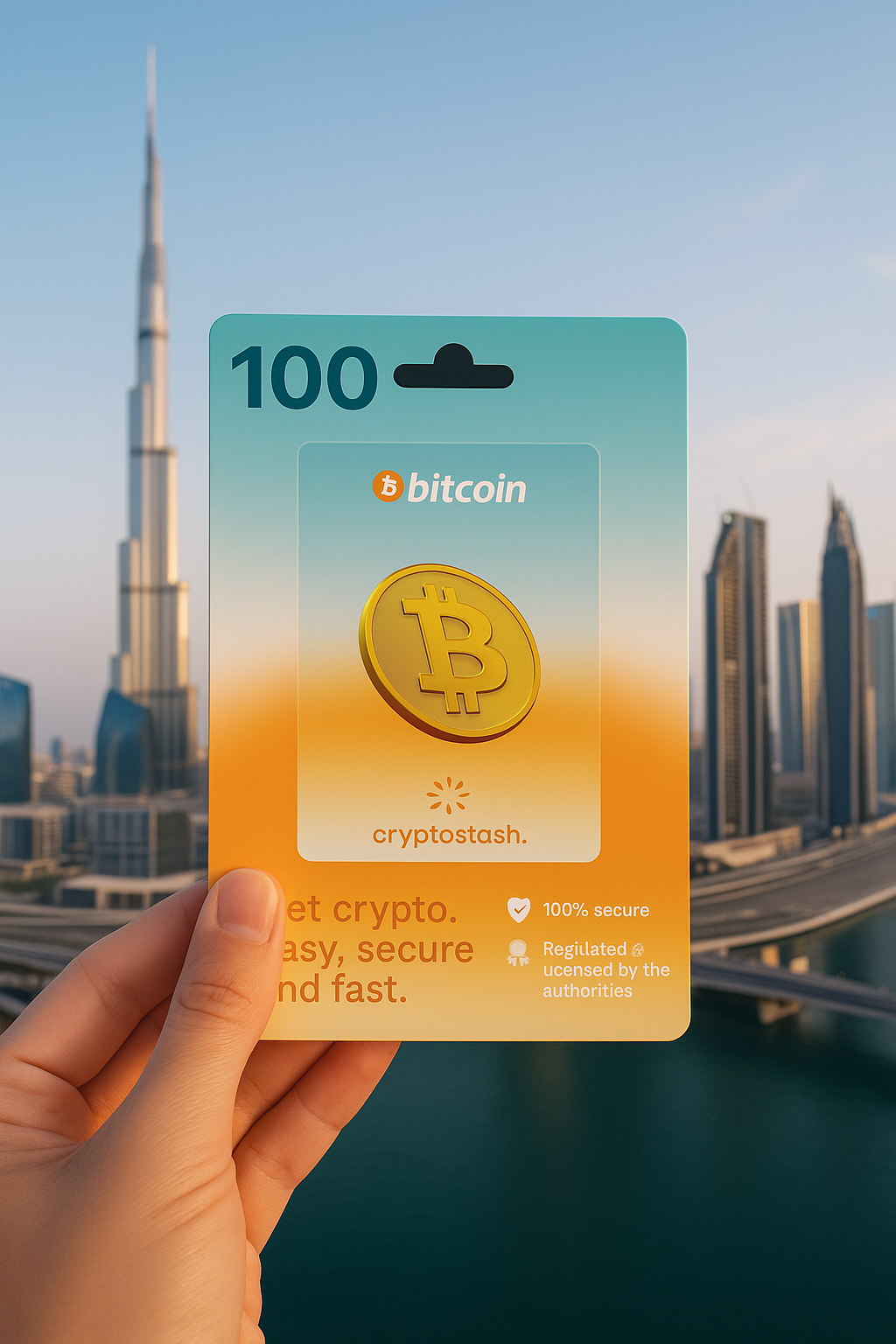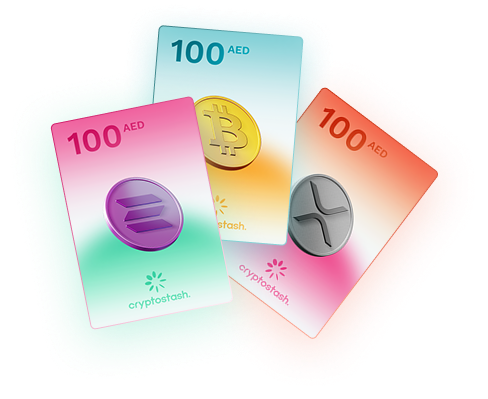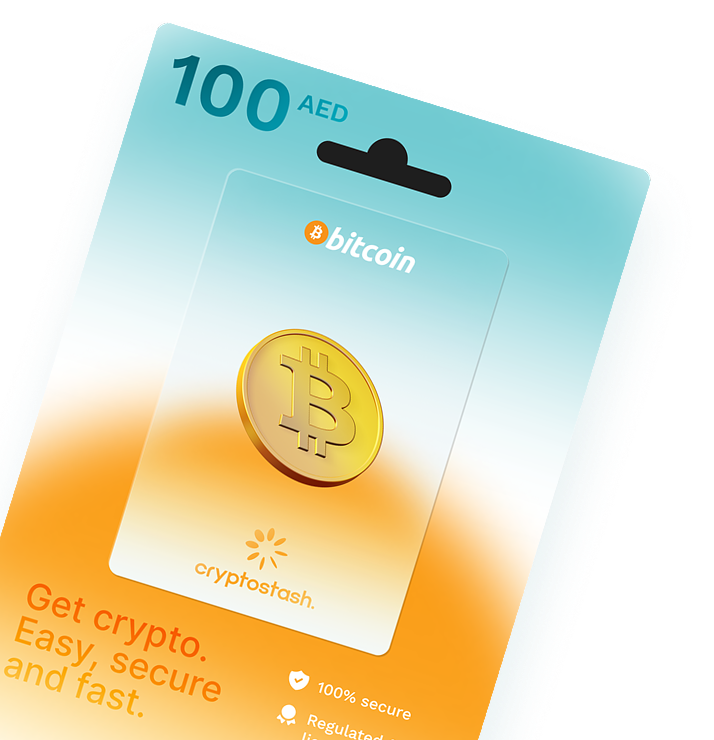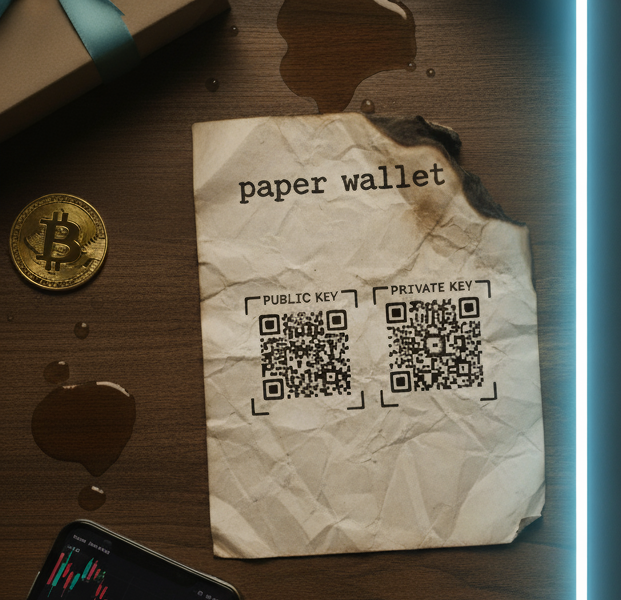
How Bitcoin & Cryptocurrencies Are Reshaping the Financial System in the UAE
Introduction: The UAE at the forefront of change
The UAE has long been a financial hub, with the dirham pegged to the US dollar and controlled by the Central Bank of the UAE. But as the world faces inflation, shifting trust in national currencies, and growing digital adoption, a question emerges:
👉 Is it time for a new way of thinking about money?
With progressive regulators like VARA (Virtual Assets Regulatory Authority) in Dubai, the UAE is positioning itself at the forefront of crypto innovation. Let’s explore how Bitcoin and cryptocurrencies are challenging the old system and reshaping the financial future.
Centralization: how money works today
The UAE dirham, like most global currencies, is part of a centralized system. The central bank controls supply and ensures stability by pegging the AED to the US dollar.
- This system has provided stability and predictability.
- But, like everywhere else, it exposes economies to risks tied to inflation, political influence, and global shocks.
Problems of centralization
- Unlimited money printing in global systems like the US dollar leads to imported inflation.
- Dependence on central institutions means citizens have little control.
- Global crises ripple through — oil price fluctuations, pandemics, or recessions can impact local economies.
📉 Example: Across the globe, countries like Venezuela collapsed under hyperinflation, driving citizens toward Bitcoin as a safer store of value. While the UAE avoided such extremes, the lesson is clear: centralized money carries systemic risks.
Decentralization: why Bitcoin matters to the UAE
Bitcoin offers something fundamentally different:
- Limited supply → Only 21 million Bitcoin will ever exist.
- Borderless transactions → Ideal for a global hub like Dubai.
- No central authority → Trust is replaced by mathematics and blockchain security.
Why blockchain resonates in the UAE
The UAE’s Digital Economy Strategy aims to make the country a leader in Web3, blockchain, and fintech. By supporting licensed crypto exchanges and enabling compliant products like crypto gift cards, the UAE shows how decentralization can complement — not replace — traditional finance.
The UAE’s role: building trust in a new system
The big challenge for cryptocurrencies has always been trust. In Dubai, VARA is solving that by creating clear rules, licensing frameworks, and consumer protections.
This makes the UAE one of the few places worldwide where:
- Traditional finance and crypto coexist.
- Consumers can explore crypto safely.
- Companies like Cryptostash can launch regulated, retail-ready products that bring Bitcoin into everyday life.
Quick Summary
- The dirham is stable but tied to centralized global systems.
- Bitcoin offers decentralization, transparency, and borderless value transfer.
- The UAE’s innovation makes it one of the best places to adopt crypto safely.
- With products like Cryptostash, gifting and using Bitcoin is becoming a reality in daily life.
FAQ
Why is the UAE a leader in crypto adoption?
Because of forward-thinking regulation (VARA) and a vision to diversify into digital economies.
Does Bitcoin replace the dirham?
No. The AED remains stable and official. Bitcoin complements the financial system as a new asset class.
Is it safe to buy crypto in Dubai?
Yes, if done through licensed platforms and regulated solutions like Cryptostash.
Conclusion: The UAE as a model for the future
When Satoshi Nakamoto launched Bitcoin in 2009, the idea of governments embracing crypto seemed impossible. Yet in 2025, the UAE stands as proof that innovation and regulation can go hand in hand.
👉 With Cryptostash launching in the UAE, crypto is no longer just for traders. It’s a tool for gifting, saving, and shaping the financial future.

Join Our Community of Early Supporters
Ambassadors, crypto beginners, and supporters this is your moment.




